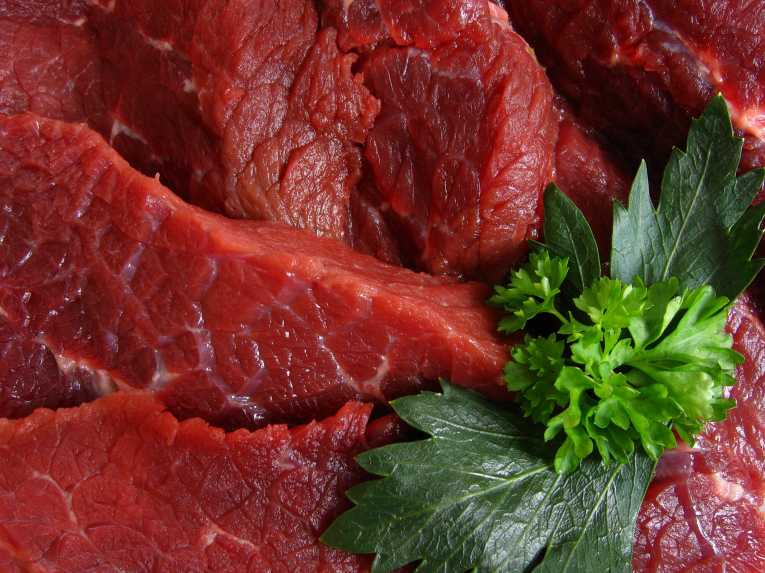Beef from the Brazilian Amazon could carry the highest carbon footprint of any beef in the world, suggest findings from a new study by Swedish scientists.
Researchers from SIK (the Swedish Institute of Food and Biotechnology) and Chalmers University of Technology have revealed that Brazilian beef production emits more greenhouse gases than previously thought, because earlier studies did not account for land changes like deforestation.
More Brazilian beef exportation is increasing deforestation in the Amazon, as more trees are being burned down to make way for farming and cattle ranching land. As well as its ecological impact, deforestation also releases vast amounts of carbon dioxide - ten percent of all global greenhouse gas emissions.
Cederberg and her colleagues are the first to calculate the share of deforestation greenhouse gases caused by Brazilian beef production. They have worked out that deforestation produces more than 700 kilograms of carbon dioxide for each kilogram of carcass weight, which is equivalent to about a tonne of carbon dioxide per kilogram of edible beef.
Amazonian beef accounts for only 6% of Brazil's beef industry - the rest doesn't involve deforestation so its carbon footprint is similar to other cattle ranches elsewhere. However, the researchers found that this beef has the most environmental impact.
''The snag is that this 6% causes about 25 times more carbon dioxide emissions than beef produced in the rest of Brazil,'' says Sverker Molander, Professor of Environmental Systems Analysis at Chalmers. ''This means that the average for carbon dioxide emissions caused by all beef production in Brazil is twice as high as that in Europe.''
Despite Brazil being one of the largest beef exporters in the world, its Ministry of Agriculture has set a goal to double the country’s beef export over the next decade.
The basic problem is that we are eating an increasing amount of meat. ''For every new kilogram we eat, the risk of deforestation increases,'' says Christel Cederberg, researcher at both Chalmers and SIK. ''By 2050, global meat consumption is expected to have increased by almost 80%, which will require more grazing land and increased soy cultivation.''
Molander adds, ''If these land changes aren't taken into consideration, we become guilty of underestimating the impact Brazilian beef has on the climate.''










